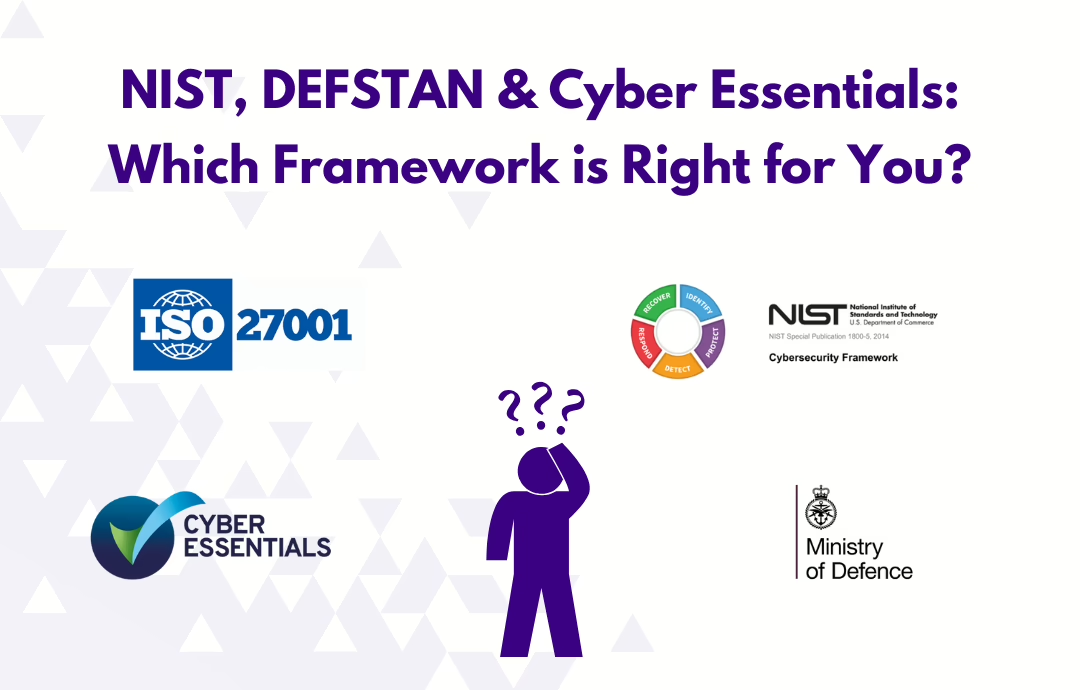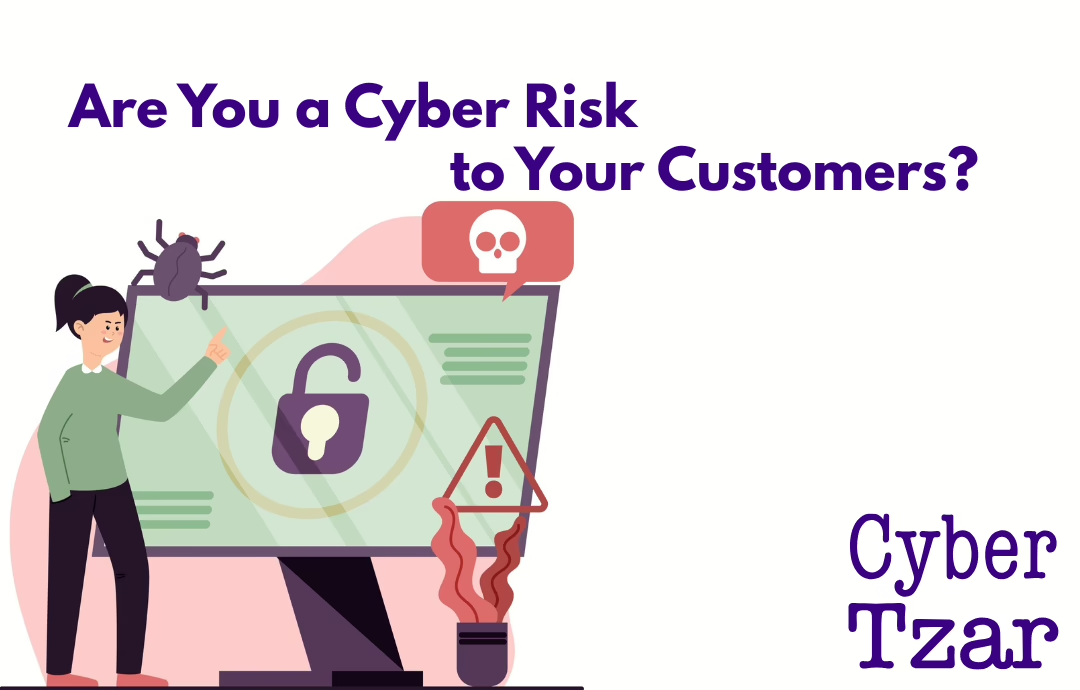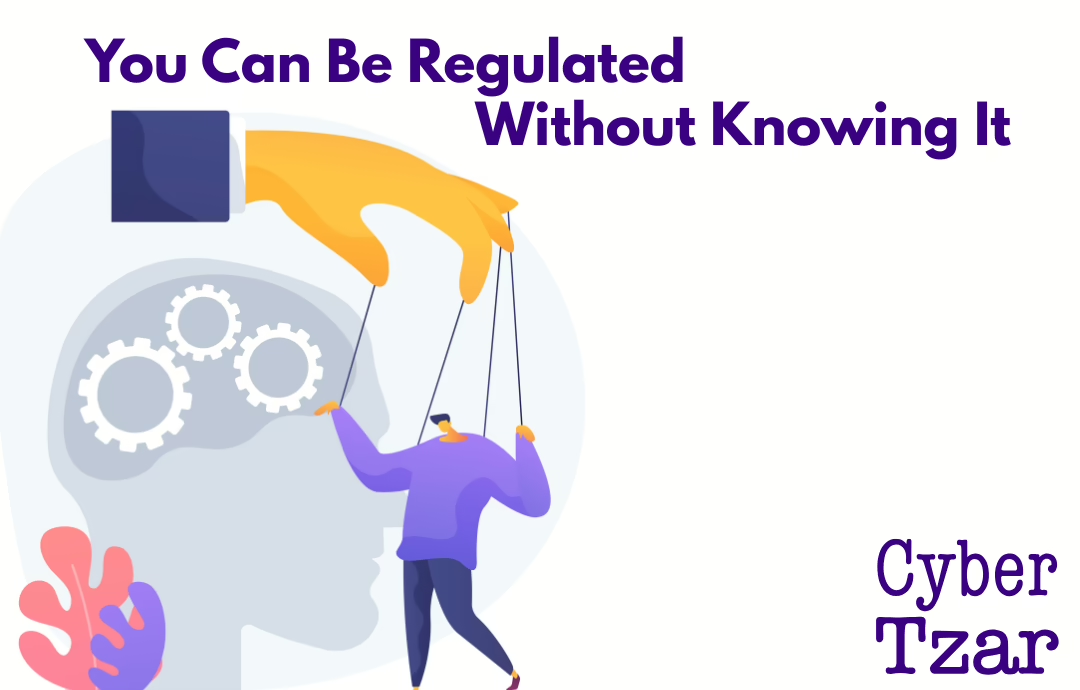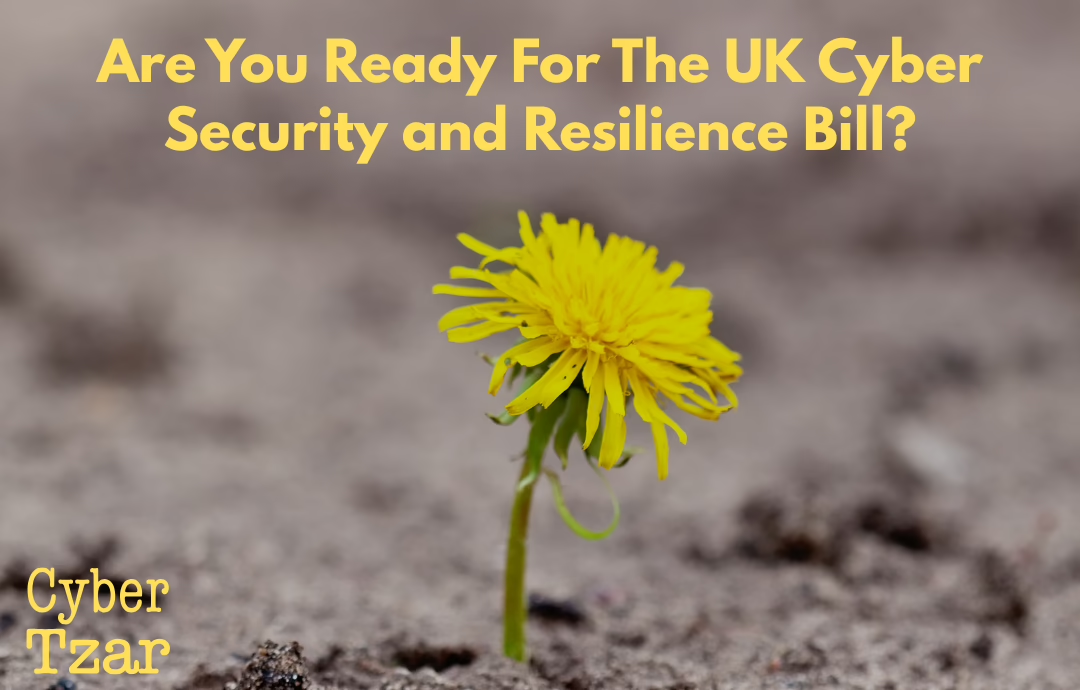Introduction
Cybersecurity frameworks provide structured guidelines to help organisations manage cyber risk, meet compliance requirements, and protect sensitive data. In the defence sector, where security is paramount, businesses working with the Ministry of Defence (MOD), defence contractors, and supply chain partners must ensure they are aligned with the right security standards.
Three of the most widely recognised cybersecurity frameworks in the UK defence sector are:
📌 NIST (National Institute of Standards and Technology) – A US-developed framework widely used by global defence organisations.
📌 DEFSTAN 05-138 (MOD Cyber Security Standard) – The UK MOD’s cybersecurity standard for defence suppliers.
📌 Cyber Essentials & Cyber Essentials Plus – The minimum security certification required for UK government and MOD contracts.
But which one is right for your organisation? This guide breaks down key differences, compliance requirements, and best-fit use cases to help you choose the right framework.
1️⃣ Why Cybersecurity Frameworks Matter in Defence
📌 Cyber threats targeting the defence sector are increasing, with state-sponsored hackers targeting supply chains.
📌 The MOD has strict cybersecurity requirements, and non-compliance can disqualify companies from contracts.
📌 Different frameworks serve different purposes—some focus on basic security hygiene, while others provide advanced risk management guidance.
💡 Choosing the right framework depends on your organisation’s role, risk level, and regulatory obligations.
2️⃣ Understanding NIST, DEFSTAN & Cyber Essentials
🔹 1. NIST Cybersecurity Framework (CSF)
What is it?
Developed by the US National Institute of Standards and Technology (NIST), this framework provides a risk-based approach to managing cyber threats. It is widely used by global defence organisations and aligns with ISO 27001 and UK MOD security requirements.
Who Needs It?
✅ Large defence contractors working with MOD, NATO, or US defence partners.
✅ Organisations seeking a comprehensive cybersecurity framework.
✅ Businesses operating in both the UK and US defence supply chains.
Key Areas Covered:
✔ Identify – Risk assessments, asset management, supply chain security.
✔ Protect – Access control, data security, security training.
✔ Detect – Continuous monitoring, anomaly detection.
✔ Respond – Incident response planning, threat mitigation.
✔ Recover – Business continuity, system restoration.
💡 NIST is ideal for organisations looking for a comprehensive, globally recognised cybersecurity framework.
🔹 2. DEFSTAN 05-138 (MOD Cyber Security Standard)
What is it?
DEFSTAN (Defence Standard) 05-138 is the UK Ministry of Defence’s official cybersecurity standard for defence suppliers. It defines specific security controls required by organisations handling MOD data, classified information, and military contracts.
Who Needs It?
✅ Defence contractors and suppliers bidding for MOD contracts.
✅ Companies handling classified or sensitive MOD data.
✅ Any organisation in the MOD supply chain required to comply with DEFCON 658 (Cybersecurity in Defence Contracts).
Key Areas Covered:
✔ Risk-Based Cybersecurity Approach – Tailoring security controls to the level of risk.
✔ Data Protection & Encryption – Strict controls for handling MOD information.
✔ Incident Reporting & Response – Mandatory breach notification procedures.
✔ Supply Chain Security – Ensuring third-party compliance with MOD standards.
💡 DEFSTAN 05-138 is essential for businesses working directly with the MOD or within its supply chain.
🔹 3. Cyber Essentials & Cyber Essentials Plus
What is it?
Cyber Essentials is a government-backed certification that provides basic cybersecurity controls to protect against common cyber threats. Cyber Essentials Plus includes independent verification and testing.
Who Needs It?
✅ All organisations bidding for MOD contracts handling “Official” information.
✅ SMEs working with government departments or defence supply chains.
✅ Businesses looking for a cost-effective cybersecurity certification.
Key Areas Covered:
✔ Firewalls & Internet Gateways – Securing network boundaries.
✔ Secure Configuration – Ensuring devices are set up securely.
✔ Access Control – Limiting user privileges to reduce risk.
✔ Malware Protection – Using antivirus and endpoint security solutions.
✔ Patch Management – Keeping software and devices up to date.
💡 Cyber Essentials is the minimum requirement for working with the MOD, but it should be combined with other frameworks for stronger security.
3️⃣ Comparing NIST, DEFSTAN & Cyber Essentials
| Framework | Best For | Key Focus | Certification Required? |
|---|---|---|---|
| NIST Cybersecurity Framework | Large defence contractors, multinational organisations | Risk management, continuous monitoring, resilience planning | No (guidance-based) |
| DEFSTAN 05-138 | MOD suppliers handling classified or sensitive data | MOD-specific security controls, incident reporting, supply chain security | Yes (for defence contracts) |
| Cyber Essentials & Cyber Essentials Plus | SMEs, suppliers bidding for MOD contracts | Basic cybersecurity hygiene, protection against common threats | Yes (mandatory for MOD contracts handling “Official” information) |
4️⃣ Which Cybersecurity Framework is Right for You?
✅ Choose NIST if…
✔ You need a comprehensive, global cybersecurity framework.
✔ You work with both UK and US defence organisations.
✔ You want to integrate ISO 27001 and best practices into your security strategy.
✅ Choose DEFSTAN 05-138 if…
✔ You supply directly to the MOD and handle classified or sensitive data.
✔ You must comply with MOD security standards and contractual obligations.
✔ Your business is required to follow DEFCON 658 or similar regulations.
✅ Choose Cyber Essentials if…
✔ You are a small to mid-sized supplier bidding for MOD contracts.
✔ You need a basic but effective cybersecurity certification.
✔ You want to demonstrate security maturity without the complexity of NIST or DEFSTAN.
💡 Many organisations combine multiple frameworks—for example, achieving Cyber Essentials for MOD compliance while aligning with NIST for broader risk management.
Final Thoughts: Cybersecurity Compliance is Non-Negotiable in Defence
Choosing the right cybersecurity framework depends on your organisation’s size, contract requirements, and risk exposure. MOD suppliers must meet strict security standards, and businesses that fail to comply risk losing contracts or facing regulatory action.
🔹 Key Takeaways for Defence Organisations:
✔ Cyber Essentials is the minimum requirement for working with the MOD.
✔ DEFSTAN 05-138 is mandatory for handling MOD-sensitive data and defence contracts.
✔ NIST provides a broader, risk-based cybersecurity approach for global organisations.
✔ Third-party suppliers must also meet security standards to maintain compliance.
By choosing the right framework, organisations can protect sensitive information, reduce cyber risk, and ensure compliance with MOD regulations.
📢 What’s Next?
💡 Next in the series: “From Static Scores to Dynamic Risk: The Future of Cyber Insurance Pricing” (w/c 9 April).
Would you like guidance on selecting the right cybersecurity framework for your organisation? Get in touch today. 🚀



